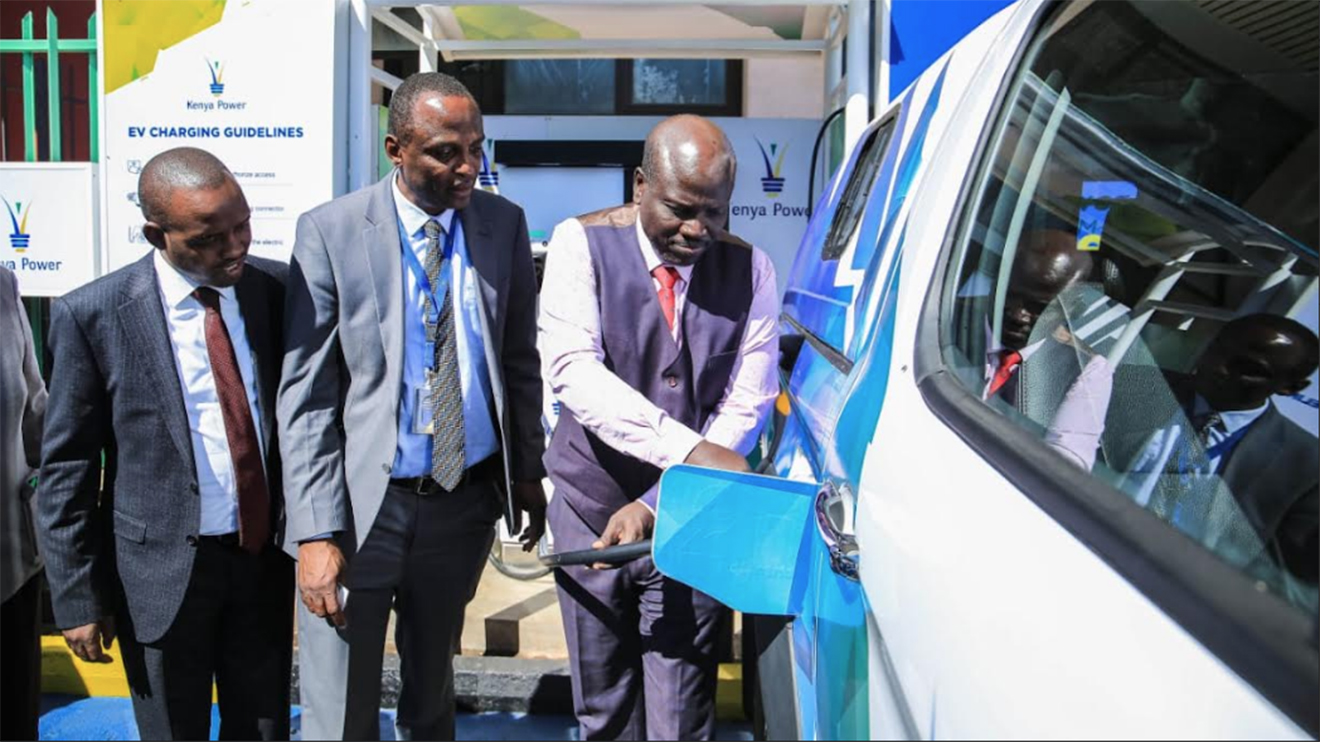The Electric Mobility Association of Kenya (EMAK) is making a strong case for a tax overhaul to propel the nation towards widespread electric vehicle (EV) adoption.
In a recent lobbying effort, EMAK implored the government to eliminate a staggering 15 taxes currently imposed on EV components and related infrastructure.
EMAK's proposal centres around a complete tax exemption for Electric Vehicles.
This includes the removal of the 10 per cent import duty on CKD (Completely Knocked Down) parts for electric bicycles, motorcycles, three-wheelers, passenger cars, and trucks.
Additionally, they advocate for the elimination of the 25 per cent import duty on EV charging infrastructure.
Read More
The tax cuts extend beyond import duties as EMAK seeks the abolishment of the 16 per cent Value Added Tax (VAT) and 10 per cent excise duty on CKD three-wheelers.
Similarly, they propose removing VAT on passenger cars, trucks, and charging infrastructure.
Furthermore, EMAK targets the 25 per cent import duty on lithium-ion batteries, a critical component for EVs.
Their vision also encompasses the elimination of the 16 per cent VAT on battery-as-a-service charging and leasing, along with a special e-mobility electricity tariff.
"Our proposal is zero tax," declared EMAK President Hesborn Mose. "If we are to get this high support from the government, we are looking at EVs in the country growing to 800,000 by 2028," he emphasized.
EMAK's initiative builds upon a successful campaign last year.
Through the 2023 Finance Act, the government implemented similar tax breaks on electric bicycles, motorcycles, buses, and lithium-ion batteries.
Mose's remarks came during the 2nd E-mobility Stakeholders' Conference and Exhibition held in Nairobi. Kenya Power, the nation's leading electricity provider, also sees immense potential in e-mobility.
Joseph Siror, Managing Director of Kenya Power, highlighted the prospect of increased electricity sales driven by EV adoption.
Siror further emphasized the support this transition would receive through investments in the national power grid and leveraging Kenya's favourable energy mix.
The Kenyan government now faces a critical decision.
Will they embrace EMAK's ambitious proposal and pave the way for a greener future powered by electric vehicles, or will they choose a more measured approach to EV tax reform?
The coming months may reveal the answer, shaping the trajectory of Kenya's journey towards a sustainable transportation landscape.



-1755100273.jpeg)
-1756474472.jpg)



